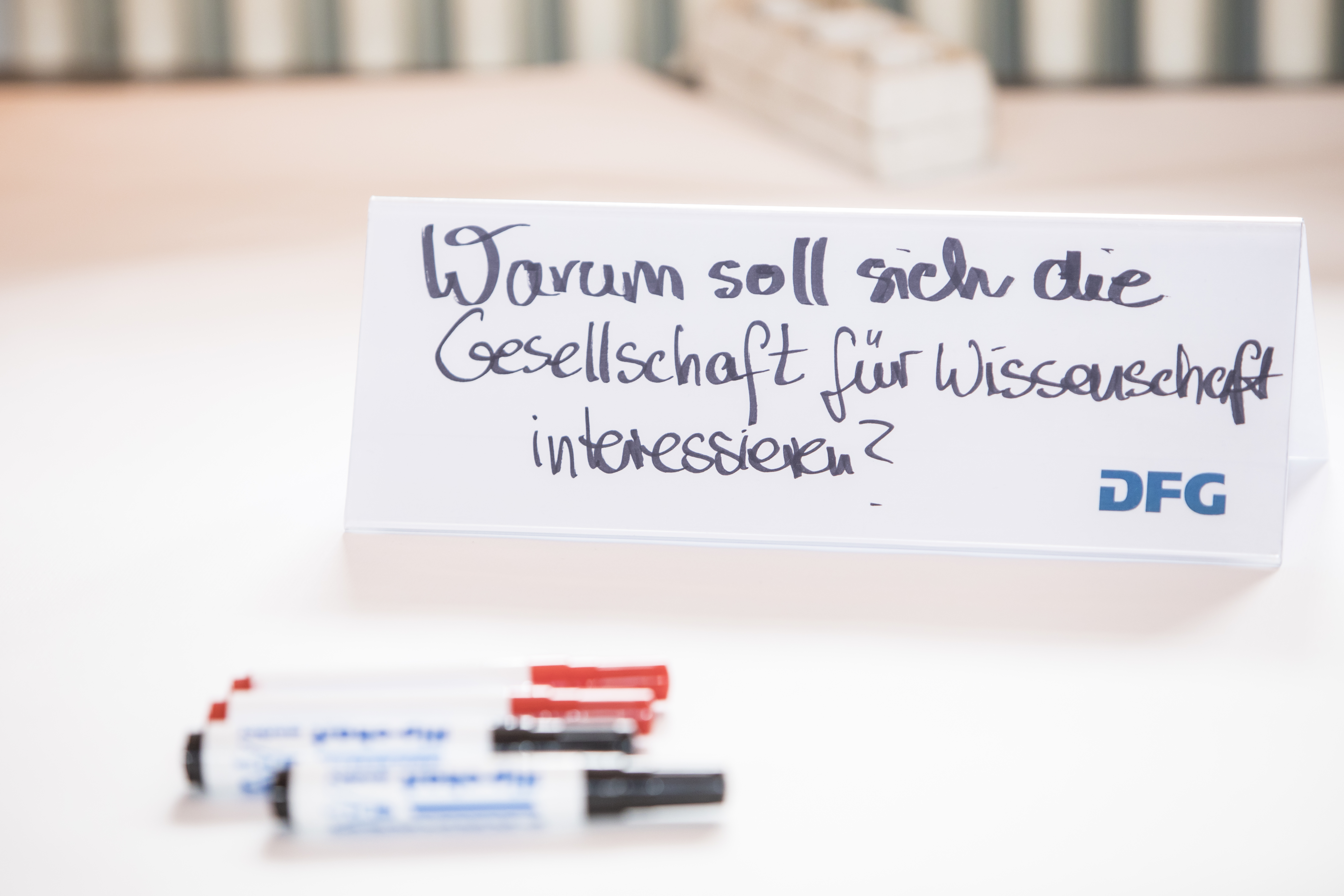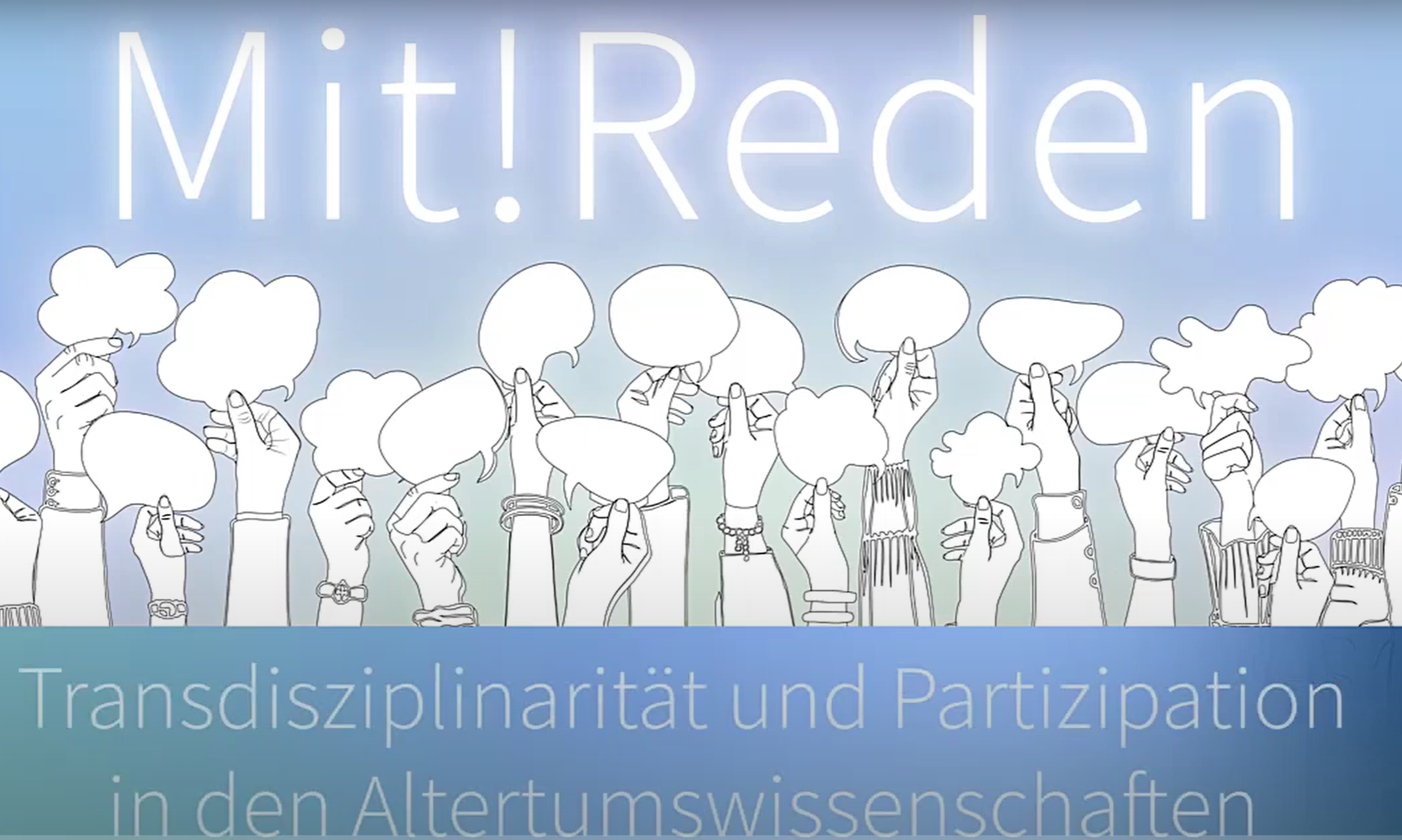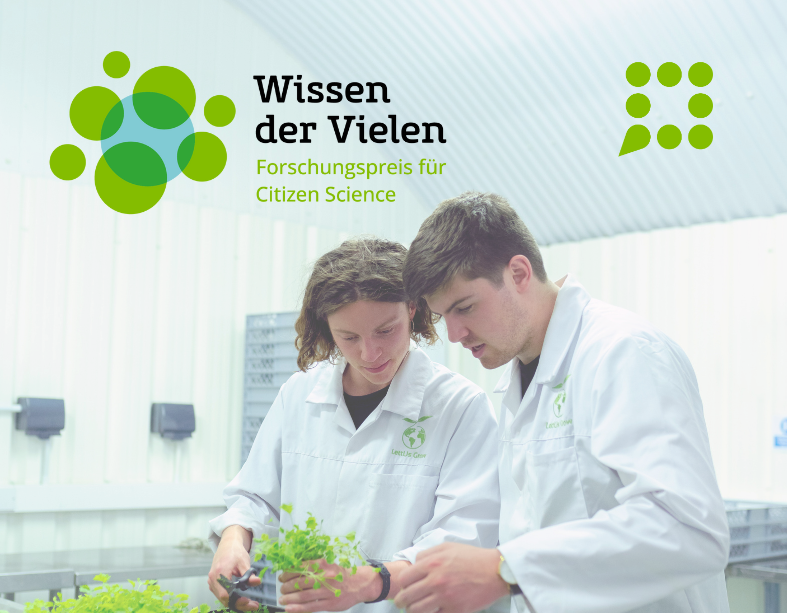How research can benefit from citizen participation
Citizen participation offers enormous potential. It can enrich research projects, embed science and the humanities more strongly in society and strengthen trust in publicly funded research. This is why researchers like to involve citizens in their research in connection with suitable projects.
The DFG is committed to ensuring that researchers are able to tap into the potential of the different forms of participation under its various funding programme(interner Link) by providing the necessary financial resources. Measures or considerations relating to citizen participation might form part of the programme of research, for example, or be deployed in connection with the communication measures for a research project or a so-called transfer project. The same scientific quality standards apply to the review process of proposals as to all DFG-funded projects.
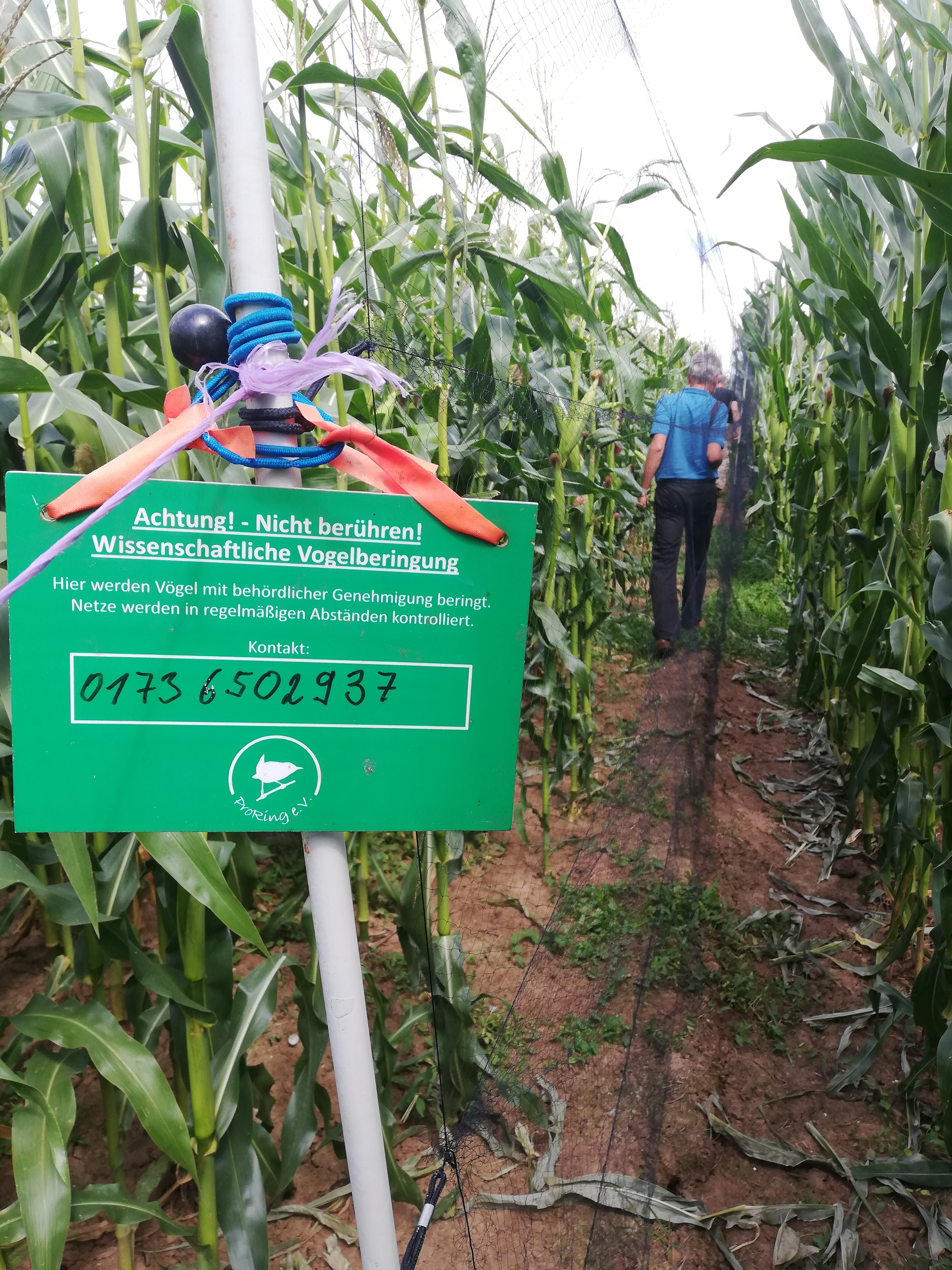
One form of citizen science: since 2016, over 25 volunteers all over Germany have been involved in catching and ringing birds to conduct research into the importance of maize fields for biodiversity.
© Thomas Gottschalk
Research involving citizens
One form of participation is the involvement of citizens in research projects, also referred to as citizen science. The DFG funds a wide range of scientific projects that actively involve citizens, where they engage in activities such as helping with excavations in archaeological projects, collecting and counting animals and plants, and transmitting and processing weather measurements or geological data. There are also examples of citizen science in psychology, computer sciences and medicine. Citizen participation may also tap into specialist expertise that is of use to scientific research, such as tracking or language skills for dialects.
Citizen science helps significantly broaden the data base available to science and the humanities, thereby improving the outcomes of research. It is the scientists themselves who define the questions to be pursued, while participation increases the diversity of perspectives by drawing on specific knowledge bases, interests and values.
The opinions of citizens are also valuable wherever research needs a sounding board from society. On the one hand, this may concern the impact and anticipated benefits of innovations, but it can also involve discussion of the effects of research and its results on society. The DFG funds projects in the social sciences, for example, such as those involving acceptance research, or in the field of history. But there are also successful examples of citizen participation in connection with topics such as climate engineering and ethical issues.
Learning from people
Numerous DFG-funded projects focus on society and people as the object of their research. Contact with stakeholders and those affected is indispensable when it comes to generating new outcomes, and this frequently takes place in the form of surveys and interviews as in sociology, ethnology, medicine and psychology. Historical observations on the development of participation in societies are another area in which the DFG funds projects. And in medicine in particular, only patients themselves are able to share their experience – an aspect that is crucial in terms of scientific evaluation. Whether patients or relatives, those affected have a wealth of experience and actively influence the entire research process – from the research question, project design and method selection right through to the interpretation and dissemination of results. One example is the DFG’s Clinical Trials Programme, another is the National Action League for People with Rare Diseases (NAMSE), which is supported by the DFG as one of several funding organisations.
Citizen participation as a research topic
Last but not least, the DFG also funds a number of projects that focus on research participation itself: after all, research is needed in order to be able to assess how science and the humanities benefit from the participation of citizens and how citizens benefit from their involvement.
The project database GEPRI(externer Link) provides a selection of DFG-funded projects.
Knowledge transfer
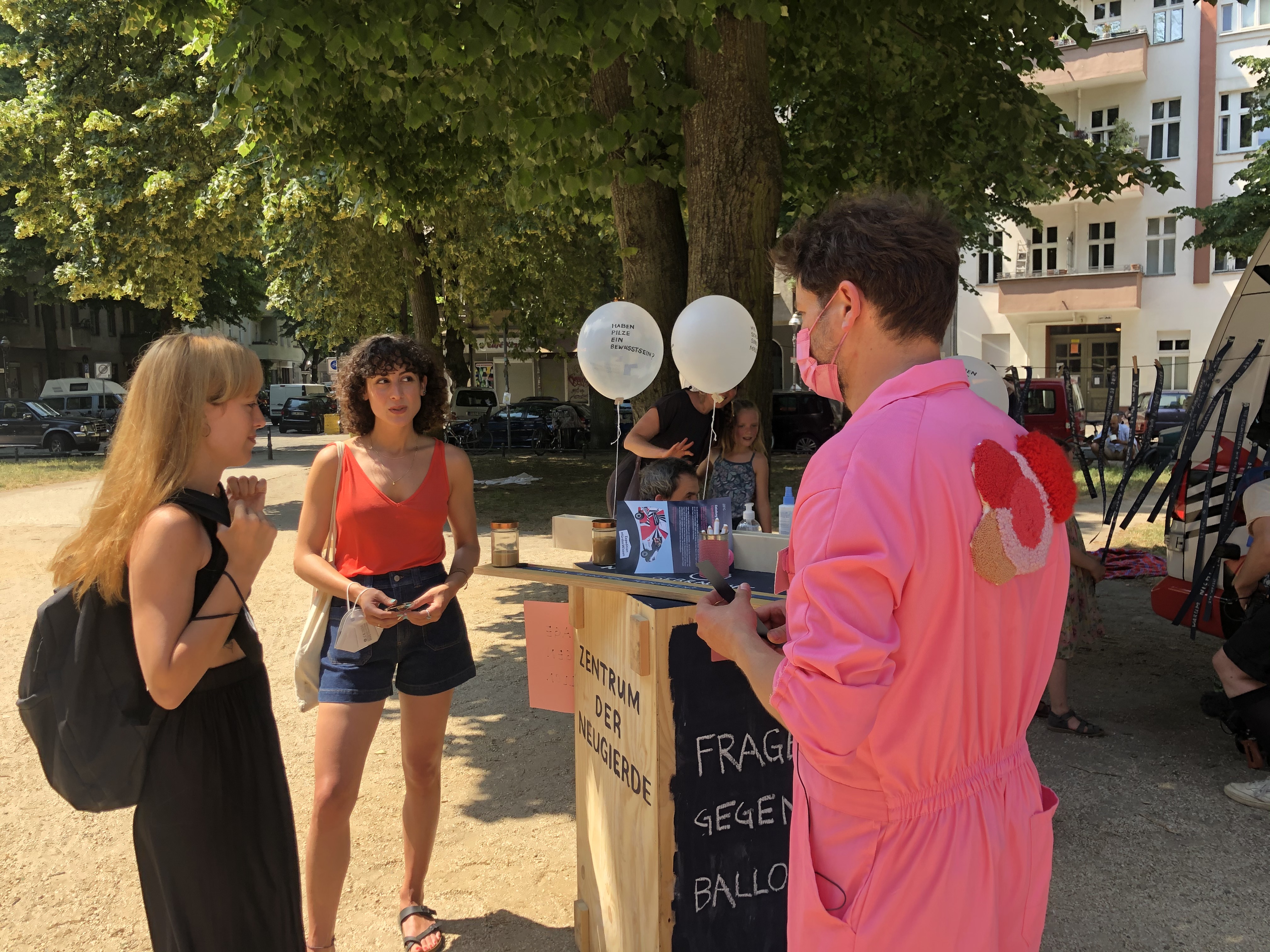
The exchange with citizens raises new questions for research - as in the "Expedition for Knowledge" in 2020
© DFG
Communication and interaction between society and science and the humanities has an increasingly important role to play in DFG-funded projects, too. Research projects are increasingly dedicated to targeted public relations and science communication. In connection with the projects it funds, the DFG provides funding for the direct communication channels and new forms of discussion that arise in this context, and which in turn impact on the research processes themselves. It is not uncommon for those involved to be the protagonists of films, podcasts, blogs or events, too. One example of active participation is the INterdisciplinary LOneliness research NEtwork (InLoNe), which, among other things, is developing a platform that seeks to involve those who are affected in the research process and strengthen scientific communication on the subject of loneliness.
One example of how the DFG supports science communication is the Collaborative Research Centre(interner Link).
Some examples were compiled on the occasion of the anniversary of the Collaborative Research Centres in 201(Download) (in German only).
